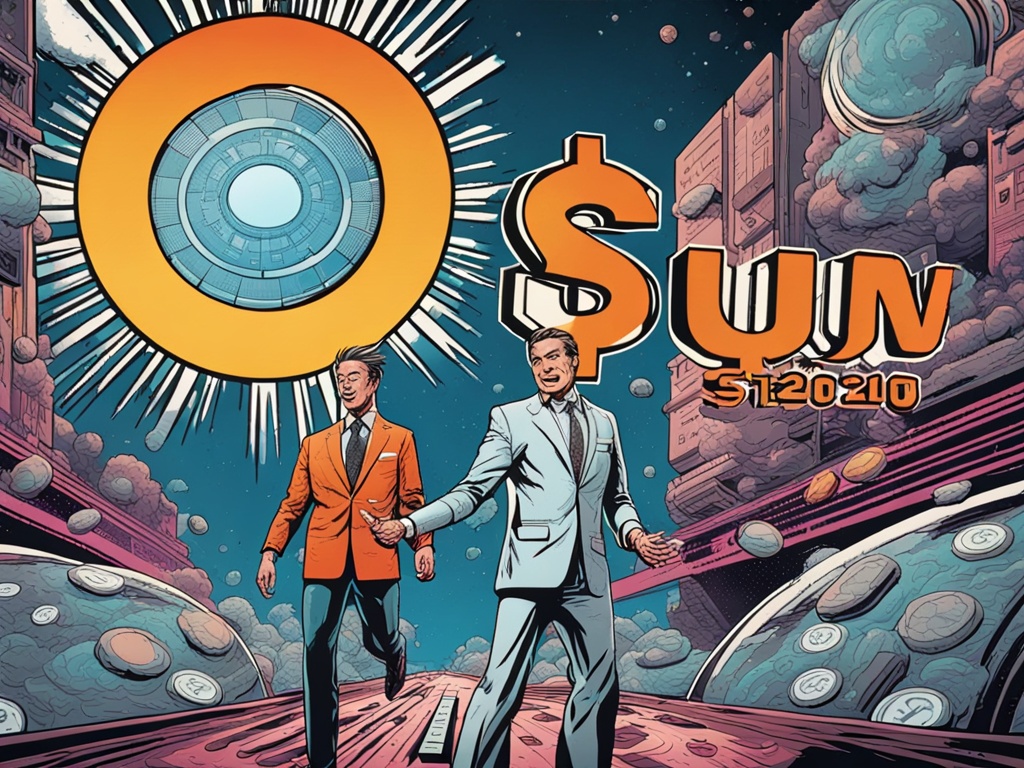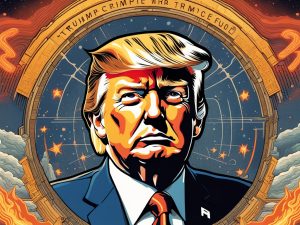Marc Andreessen’s Role with Elon Musk’s New Initiative 🌐
In a significant development this year, Marc Andreessen, a prominent figure in venture capital through his firm Andreessen Horowitz (commonly referred to as a16z), is stepping into the recruitment efforts for the Department for Government Efficiency (DOGE). This advisory body, which aims to streamline government processes and cut costs, is co-chaired by Elon Musk and Vivek Ramaswamy. Reports from the Financial Times indicate Andreessen’s active involvement, even without a formal position within DOGE. His extensive network is being utilized to identify and recommend suitable candidates as Musk prepares for an administration transition.
Sources close to this initiative have confirmed that Andreessen is not only participating in interviews but also leveraging personal connections to find the most qualified professionals for roles within the organization. His involvement underscores a longstanding relationship with Musk and highlights how tech leaders can influence governmental operations and policies.
Recruitment Goals and Candidate Profile 🧑💼
The DOGE advisory body has taken a proactive approach in its search for talent, appealing publicly through social media channels to attract individuals who embody specific characteristics. They have called for applicants who are described as “super high-IQ small-government people.” This reflects a broader trend toward infusing traditional government roles with a tech-savvy mindset, focusing on efficiency and innovation.
- Super High Intelligence: Candidates are expected to possess exceptional analytical skills.
- Small-Government Mindset: A preference for minimizing government intervention aligns with the advisory body’s objectives.
Andreessen’s Influence and Political Engagement 💼
Notably, Andreessen is not merely a behind-the-scenes player; his opinions and connections carry weight in political realms. Recently, former President Trump criticized the practices of major tech firms, associating Andreessen’s advocacy for “Little Tech” with a need for competitive fairness within the tech industry. This term emphasizes support for startups and smaller firms as they navigate a landscape dominated by larger conglomerates.
Andreessen Horowitz has positioned itself strategically this year by declaring its commitment to defending the interests of smaller technology firms. This commitment further aligns with their recruitment efforts for DOGE, which seeks innovative and effective strategies to enhance governmental efficiency while respecting the principles of free market competition.
Financial Times Revisits Bitcoin Position 📉
In a notable shift, the Financial Times also addressed its previous commentary on Bitcoin. This year, FT Alphaville, a column under the Financial Times umbrella, reevaluated its earlier stance that characterized Bitcoin as a “negative-sum game.” This reanalysis comes after many critics of Bitcoin have reconsidered their views based on its evolving role in global finance.
The column’s authors issued a reflection on the past 14 years of coverage, acknowledging that some of their earlier perspectives may have led readers away from engaging with Bitcoin. Their semi-apologetic stance indicates a broader acknowledgment of Bitcoin’s growing legitimacy and its impact on the digital economy. This change in tone illustrates how rapidly evolving technologies can influence media narratives and public perception.
Reflecting on the Future of Tech and Governance 🔮
This year signifies a pivotal moment in the intersection of technology and governance, with figures like Marc Andreessen shaping policy discourse and recruitment strategies within government initiatives. As DOGE sets out to create a more efficient governmental framework, the perspectives of tech leaders are increasingly deemed invaluable. Their insights can transform traditional approaches, fostering a culture of efficiency and innovation within public sectors.
The recent developments involving Bitcoin and the Financial Times suggest a shifting tide in how digital currencies are perceived by traditional media outlets. This evolving understanding may signal a broader acceptance of cryptocurrency within financial discussions, promoting further exploration into its implications for both individual investors and the global economy as a whole.
Hot Take: Navigating the Intersection of Tech and Governance 🚀
As the landscape of governance continues to evolve, the involvement of influential tech entrepreneurs like Marc Andreessen highlights the need for synergy between these realms. The ongoing efforts within DOGE reflect a growing recognition of the impact that technology can have on government functions. As public policies increasingly integrate tech-driven solutions, the conversation around cryptocurrency, innovation, and governance is more relevant than ever. The relationship between these sectors will likely shape future discussions and approaches, stressing the importance of qualified voices in steering initiatives toward effective outcomes.





 By
By
 By
By
 By
By


 By
By